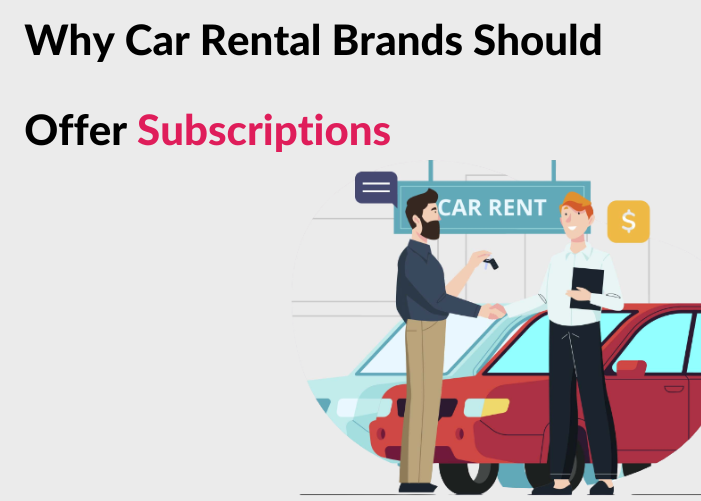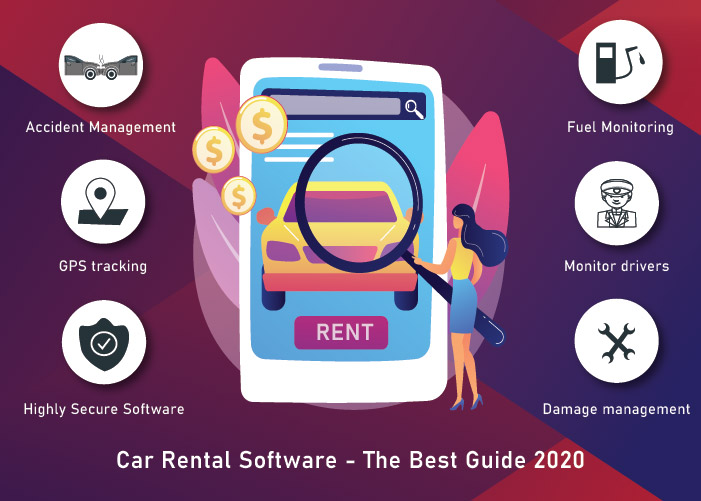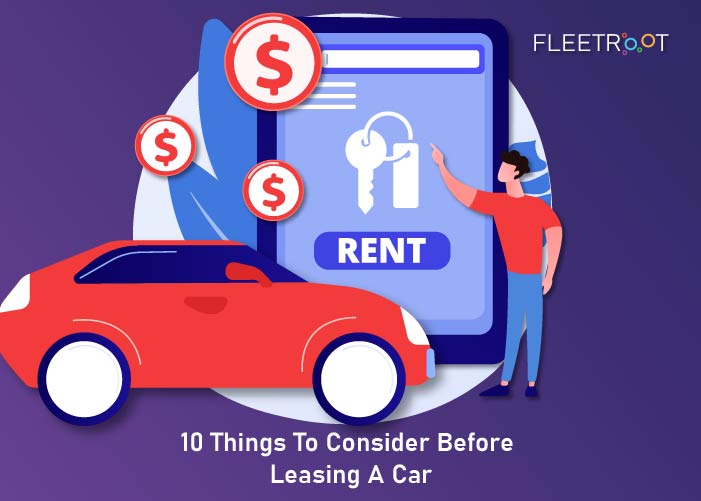1) What macro-factors support the growth of the car-rental subscription model?
We are all aware that “car rental” as a concept has been around for decades. However, the concept of “car subscription” for months or years is a practice that is still gaining widespread traction.
In recent years though, the car-subscription model has grown rapidly and is now witnessing the entry of marquee automakers, car-rental brands, and auto dealerships.
Easy access to “EMI finance” has meant more people have bought cars over the past 20–30 years. However, this option had its limitations, and therefore, the convenience, flexibility, and automation of the “car-subscription” model have become attractive to car buyers, especially Next-Gen buyers.
Several conveniences of a car-subscription model—including no additional maintenance or insurance costs, ease of booking and car delivery, a unified website or app with a convenient UI/UX single platform for all transactions, and flexible payment options—make the customer journey and experience extremely attractive for prospective buyers.
2. Could car-subscription become more popular than buying cars?
Well, while the car subscription model seems to have struck a chord with buyers globally, these are still early days to answer that question. Opinions on both sides exist.
While Next-Gen buyers have an “asset-light” mindset, meaning they prefer to rent rather than buy, whether it’s homes, cars, furniture, etc., it may still be too early to predict that renting will outpace buying cars.
However, what is clear is that it is here to stay and provides a new market segment for automakers and dealerships. Therefore, it is a business opportunity that car-rental brands cannot afford to overlook. Importantly, it provides them with stable, recurring operating income.
A converging ecosystem of regulatory, financial, and insurance stakeholders is assisting its growth by simplifying the entire car subscription process and offering the best subscription deals to its customers.
~~ Consumers are opting for subscriptions due to the important “mental shift” from the hassles of ownership to the convenience of access. They also bypass traditional “ownership hassles” like registration, maintenance, and insurance.
With subscriptions of 12+ months also growing, car-subscription companies can build brand loyalty.
But, they also need to ensure that they have strong unit economics and track their growth metrics as they scale for profitability. ~~
3) Is it more financially viable than buying a car?
Cars are depreciating assets, whereas a car-subscription model transfers a CapEx cost to an OpEx one. Instead of having to wait years to save up and make a sizeable investment in buying a car, you can easily transfer the cost to your monthly cost sheet (the subscription price you could afford will vary based on your monthly income and expenditure).
You could also view it as a financial tool that organizes your expenses, giving you the opportunity to drive a car of your choice without requiring you to block your savings or cash-flow, by conveniently transferring it to your monthly income statement.
Remember, that this model also circumvents typical car-ownership hassles and costs, including insurance, maintenance, and running costs, as well as near-term savings.
4) Technology is driving user-adoption
To state the obvious, modern tech (Apps, fin-tech payments, and evolved UI/UX) will drive the viability of this model. Given below are some key pointers for car rental companies that are looking to enter this space:
- Use a well-designed single platform to allow selection/subscription to a wide range of vehicles
- Offer new as well as used vehicles
- Deploy convenient tools for paperless subscription, customer background, and credit checks, usage history, regular vehicle checkups, monitoring driving behavior
- Extensive use of AI and IoT to offer the best possible subscription plans (vehicles, pricing, tenure)
5) Encouraging EV adoption
Fewer car owners and more car rentals would mean fewer cars on the road, which is certainly environmentally friendly. In keeping with sustainability, another huge trend (and therefore, a business opportunity) that car rentals can capitalize on is encouraging EV usage.
Car buyers still have concerns about EVs with regard to high ownership costs, uncertain residual values, battery-life problems, engine malfunctions, etc. By eliminating down payments, car loans, and high operating costs, the car subscription model tackles these worries.
Incentivizing customers to choose EVs and greener fuels will help car rental brands gain a reputation for being environmentally conscious. For the modern buyer, this is a huge factor when making purchase decisions, especially for an automobile brand.
6) Case Study: Kyte, an on-demand car rental company, now offers car-subscriptions
Kyte is a car rental delivery startup that recently closed a Series-B funding round of $60 million.
It also received $200 million in debt financing.
It maintains that its mission is to “disrupt the auto industry by encouraging consumers to think again about purchasing a car”. It will begin offering a car-subscription service, after a successful pilot exercise with Tesla.
Subscription plans for 3, 6, and 12 months will be on offer in markets such as NYC, Chicago, Boston, and San Francisco.
On offer will be a range of economic models, sedans, and SUVs. Subscription costs include delivery and pickup, maintenance, roadside assistance, and registration.
Recent surveys have indicated a shift in consumer spending in anticipation of an approaching recession, and the current cost of gas. About 1/3rd have downgraded their spending, but Kyte still believes that there is a current demand for car subscriptions.
Kyte believes that an increasing number of people are looking to stay asset-light when it comes to cars and need more than just a “trip-based ride-share”. Tesla’s are subscription-only while the remaining fleet is available for rentals and subscriptions.
Importantly, more than 50% of Kyte’s customers opt for subscriptions of 12 months, or more, suggesting that subscriptions are no longer just a “short-term consideration” for consumers.
Conclusion: As is evident, changing work-life patterns, the asset-light Next-Gen mindset, and the flexibility offered by car subscriptions are all strong factors supporting its growth.
Given that car rental companies are already operating successfully in the same value chain, they would be wise to assess the feasibility of this opportunity, invest in cutting-edge technology such as car rental software, and make a concerted effort to enter this market segment.




